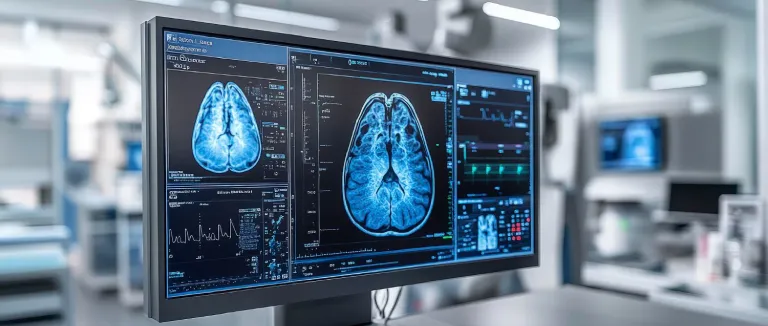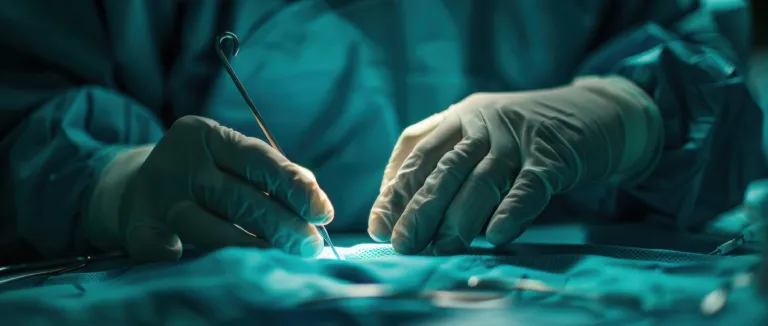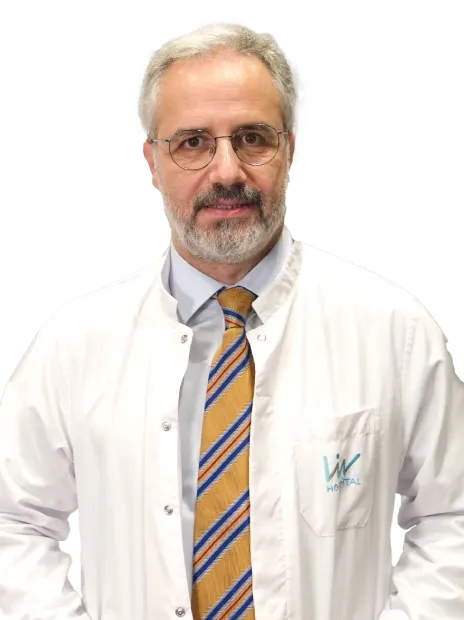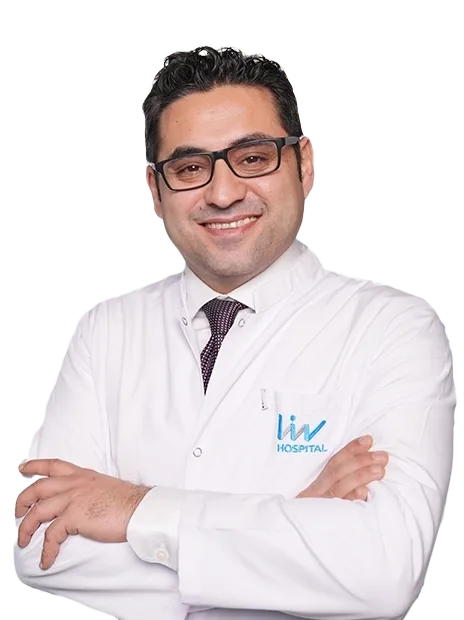Brain Pacemaker: A Solution for Movement Disorders
A brain pacemaker is a device designed to suppress symptoms caused by functional disruptions in the brain's motor control centers. Brain pacemaker device is implanted in problematic areas using special electrodes, a procedure known as “deep brain stimulation (DBS) surgery.” In addition to movement disorders, brain pacemakers are also used to treat certain psychiatric conditions.
Which Conditions Can Be Treated with a Brain Pacemaker?
A brain pacemaker is effective in treating:
- Parkinson's Disease (in cases resistant to medication),
- Essential Tremor (shaking),
- Dystonia and other movement disorders,
- Certain psychiatric conditions, including Major Depression and Obsessive-Compulsive Disorder (OCD).
Impact on Parkinson's Symptoms
A brain pacemaker for Parkinson's disease refers to a medical device known as Deep Brain Stimulation (DBS), which is a surgical treatment option for Parkinson's disease and other movement disorders. A brain pacemaker significantly improves Parkinson's symptoms such as tremors, slowed movement, and medication-induced involuntary movements.
The Surgery Process and Decision-Making
Before surgery, patients are monitored in a neurology clinic. Patients who do not benefit from medication are evaluated by a multidisciplinary team of neurologists, neurosurgeons, and psychiatrists. Patients deemed suitable are prepared for surgery.

Who Is Not Eligible for Brain Pacemaker Surgery?
The following conditions make patients ineligible for the procedure:
- Parkinson's within the first five years of diagnosis,
- Moderate to severe dementia,
- Serious internal health issues,
- Patients over the age of 70.
How Is Brain Pacemaker Surgery Performed?
Brain pacemaker implantation surgery, also known as deep brain stimulation (DBS) surgery, involves placing electrodes in specific areas of the brain to deliver electrical impulses, which help regulate abnormal brain activity, typically to treat neurological disorders like Parkinson's disease, essential tremor, or dystonia.
The surgery involves the following steps:
- Imaging (MRI and CT): Target areas in the brain are identified.
- Local Anesthesia: A special frame is placed on the patient’s head.
- Electrode Placement: Electrodes are implanted into the predetermined regions.
- Battery Connection: Electrodes are connected to a battery implanted under the skin in the chest area.
Post-surgery, continuous electrical stimulation is delivered to the targeted brain regions, reducing or even eliminating symptoms like tremors, freezing, and reduced movement.
Post-Surgery Process
- Patients are discharged the day after surgery.
- The pacemaker settings are adjusted within the first week.
- Regular check-ups are scheduled, initially every 10 days and later every 4-6 weeks, transitioning to monthly or quarterly intervals.

How Does a Brain Pacemaker Affect Daily Life?
After surgery, patients can return to their social and professional lives with their doctor’s approval. They can independently meet their daily needs and continue living as healthy individuals.
The cost of a brain pacemaker (Deep Brain Stimulation or DBS) for Parkinson's disease can be quite high, reflecting the complexity of the procedure, the technology involved, and ongoing management and care. In Turkey, deep brain stimulation (DBS) is a prominent treatment option for various neurological disorders. Liv Hospital serves its patients with a high success rate with its specialist doctors and experienced team in deep brain stimulation surgery.
Frequently Asked Questions
Yes. With advancements in technology, rechargeable batteries lasting up to 25 years have been developed. When the battery life ends, it can be replaced with a minor procedure.
Patients can participate in all sports except those that may cause trauma. However, driving is generally not recommended.
Brain pacemakers may trigger alarms at security checkpoints. To address this, patients are provided with a special certificate, which they can present at security points, particularly in airports.
While the surgery is generally safe, rare complications include dizziness, balance and coordination issues, speech and vision problems, mild paralysis, infections, and allergic reactions.
* Contents of this page is for informational purposes only. Please consult your doctor for diagnosis and treatment. The content of this page does not include information on medicinal health care at Liv Hospital







